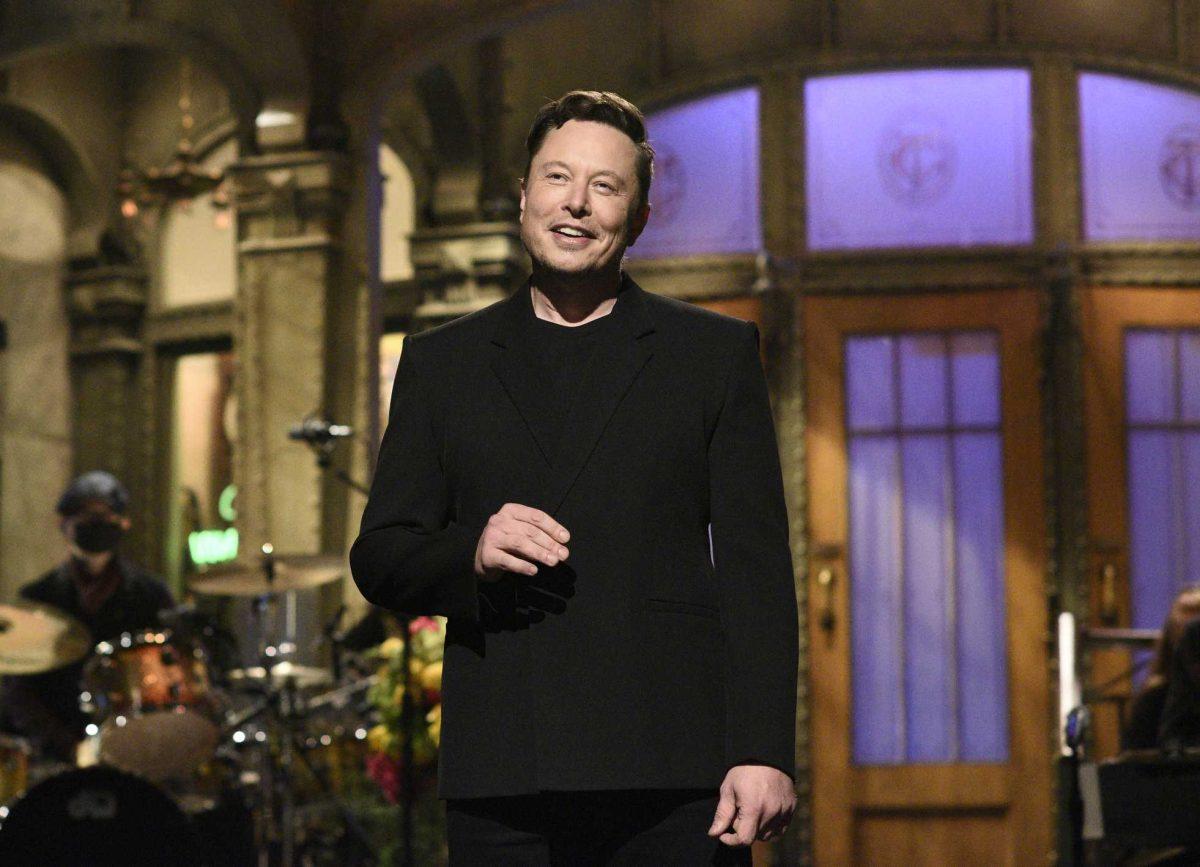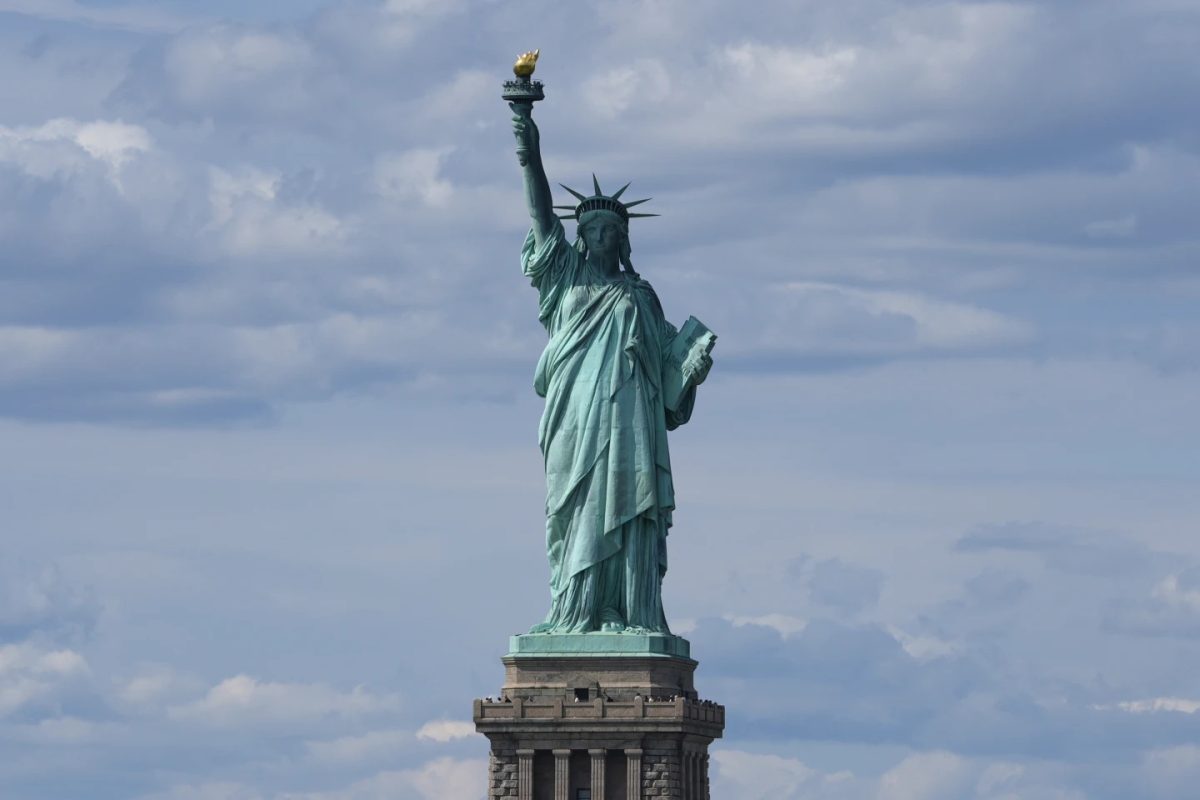Elon Musk is an enigma.
He’s a 50-year-old South African tech mogul whose family fortune comes from apartheid-era emerald mining whose humor is best described as a 15-year-old who just discovered stoner culture. Still, he has created a persona that has driven him to success in the fields of space travel, electric vehicles and even flamethrowers.
And then there’s the “quirky” side of Musk. You know, the side that falsely accused his opponents as pedophiles. The Musk that openly committed market manipulation and haphazardly fueled dangerous COVID-19 conspiracy theories. To his dogmatic followers, however, his actions are dismissed, even praised, as the musings of a ‘neurodivergent’ Tony Stark.
Musk’s popularity with online communities on Reddit and Twitter in large part comes from a calculated creation of a narrative through various media appearances. Through guest spots on “The Joe Rogan Experience” and his own press conferences for SpaceX and Tesla, Musk crafted an image of a relatable edgelord who partakes in weed and talks about cryptocurrency.
Thanks to his carefully designed public image as a quirky billionaire that tweets off-kilter things, headlines of Musk’s human rights violations are largely eclipsed by the likes of “Here’s Elon Musk’s The Trial Of Wario SNL Skit” from Forbes.
When Musk hosted “Saturday Night Live” on May 8, the attitude from both the audience and the cast was one of confusion, even frustration. SNL platformed Musk and allowed for him to control the narrative once again, shifting the conversation away from Musk’s problematic nature to his quirky and cringeworthy opening monologue and sketches.
Outside of critiques that the episode was out of touch and bizarre, to platform someone like Musk, especially on a comedy show, is also blatantly irresponsible.
Like how SNL platformed Donald Trump before his election in 2016, Musk was shown without any of the controversy that he has found himself embroiled in. On SNL, a host like Musk or Trump are simply another comedian like cast member Pete Davidson, while in reality they hold a dangerous amount of power in the court of public opinion.
Culturally, comedians can say whatever they want without fear of repercussions. By allowing Musk to be quirky and laugh about his child’s absurd name, his ideas can be platformed regardless of how dangerous they may be.
Musk’s power goes beyond the powerful opinions he holds about vaccines and unionization and into the manipulation of monetary markets. The self-described “technoking” was announced to host SNL and the value of his preferred cryptocurrency, Dogecoin, spiked in value preceding his debut.
Musk’s mere presence acted as a catalyst for economic stimulation, something that proved irresponsible when he essentially called cryptocurrency a scam during a “Weekend Update” segment.
“Yeah it’s a hustle,” Musk’s character described.
This proclamation of cryptocurrencies’ fraudulent nature was immediately followed by a nearly 30% dip in the value of a currency that was expected to go “to the moon” with Musk’s boost on SNL.
The irresponsible use of a platform like Lorne Michaels’ NBC comedy showcase is nothing new for Musk. In the past, he announced that Tesla was going public on Twitter with a single message that cost investors millions: “funding secured.”
In an age where influence is more powerful than even money, a platform is a commodity that holds immense value.
Platforms like Twitter and Facebook utilized by former President Trump brought an insurrection to capitol hill on January 6. Likewise, a platform like smoking weed on air with Joe Rogan or falsely claiming to be the first host of SNL with Asperger’s—ignoring original cast member Dan Ackroyd’s open diagnosis—allow Elon Musk to distract from the one time he threatened employees’ stock options if they unionized.
Without a platform to create a cult of personality like Musk has cultivated, being the richest man in the world doesn’t mean a thing. In the 21st century, even money is secondary to the power of exposure.
Domenic Purdy is a 20-year-old journalism junior from Prairieville.
Opinion: SNL platforming Elon Musk was unfunny and dangerous
May 17, 2021
This image released by NBC shows host Elon Musk delivering his opening monologue on “Saturday Night Live” in New York on May 8, 2021. (Will Heath/NBC via AP)








